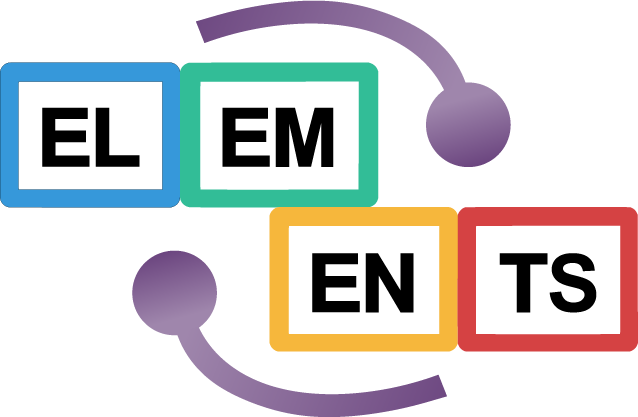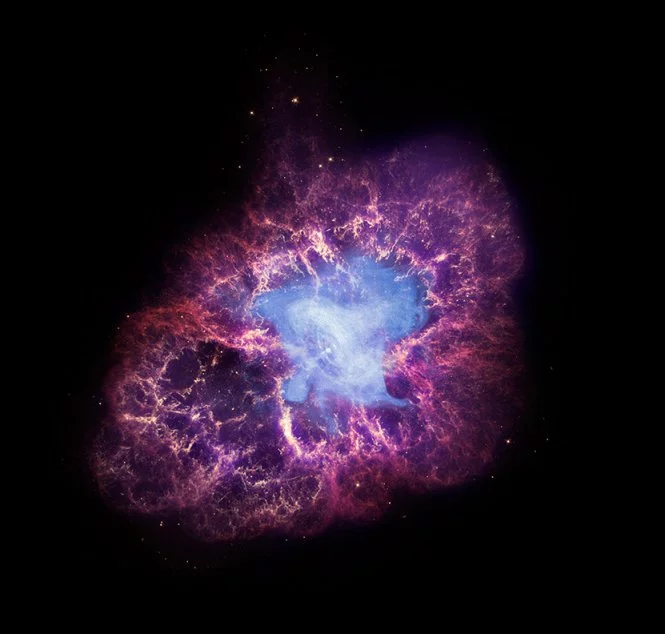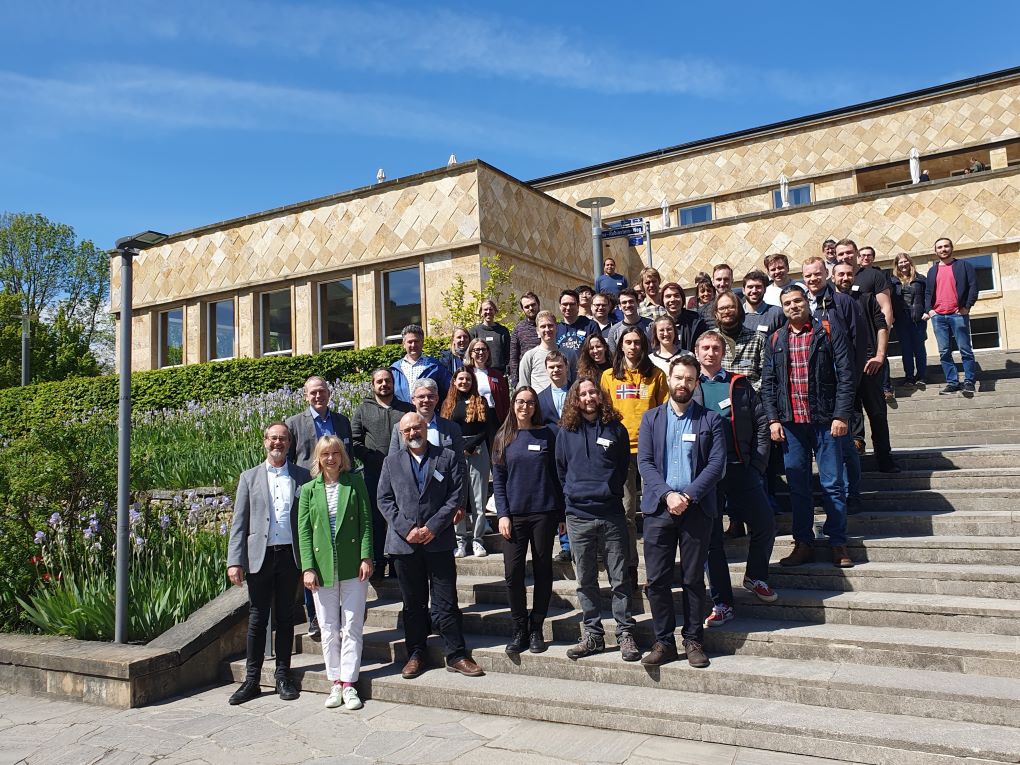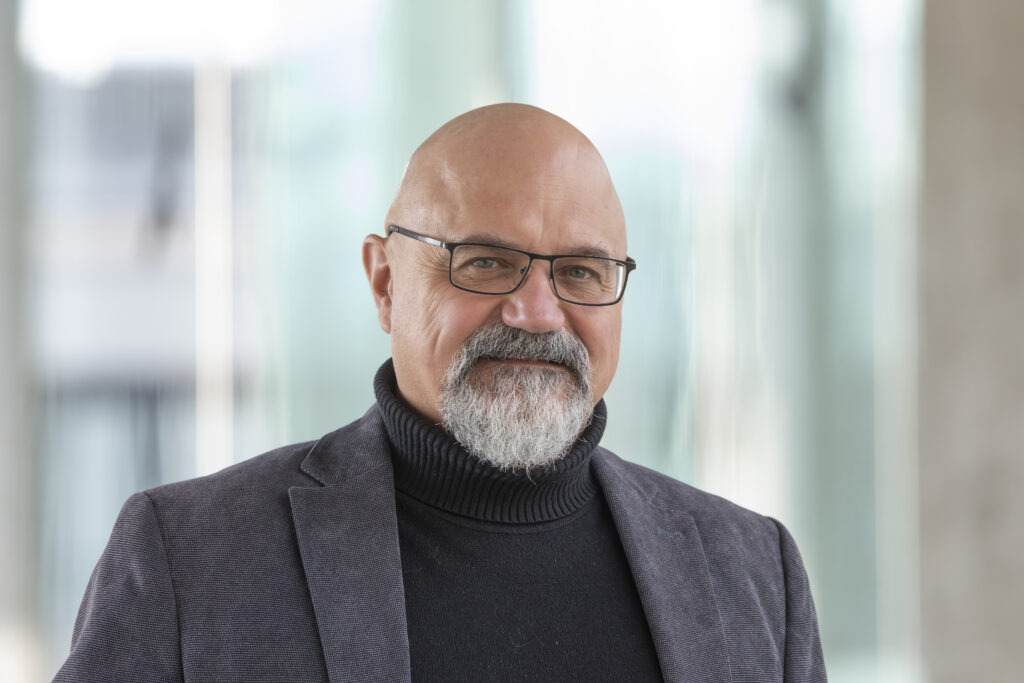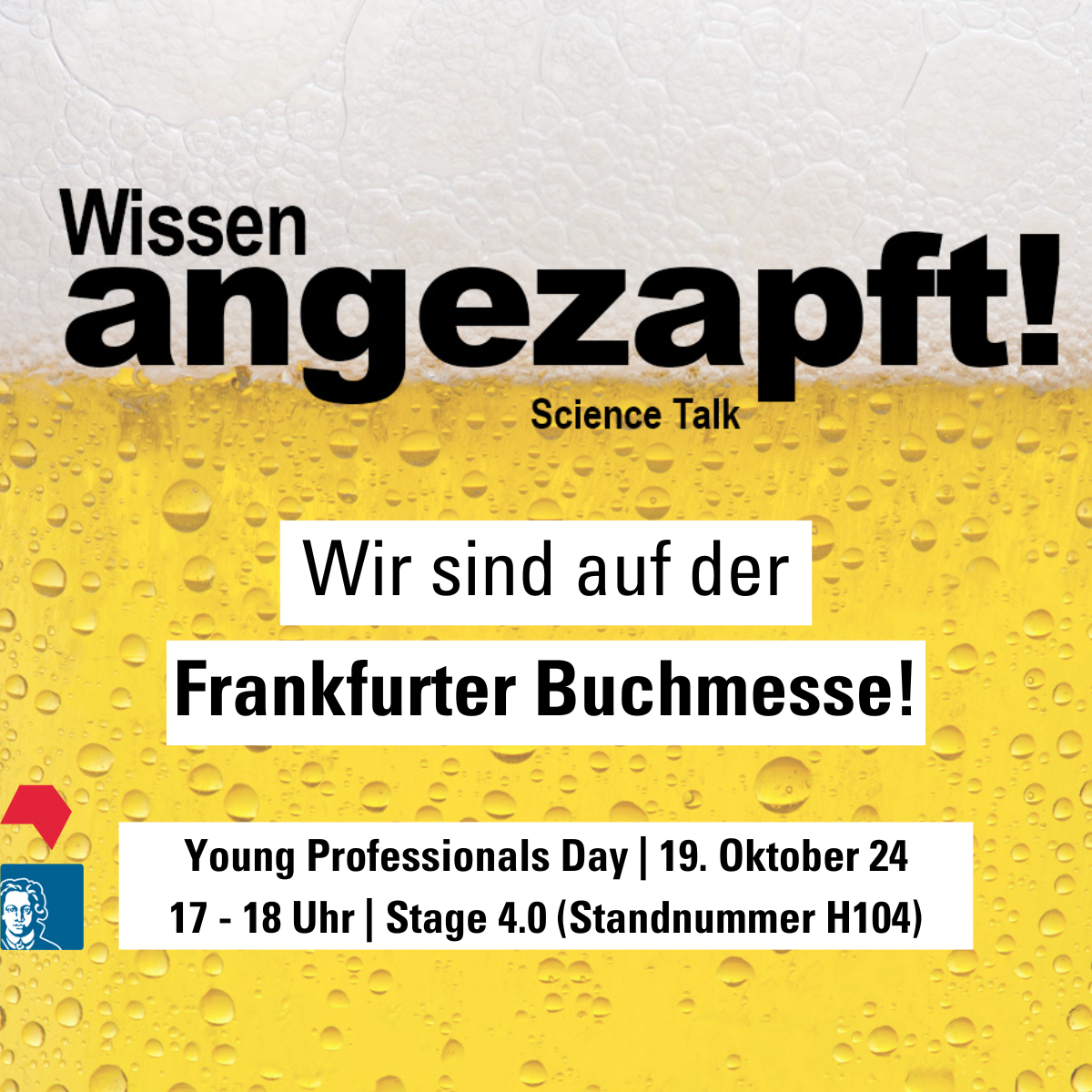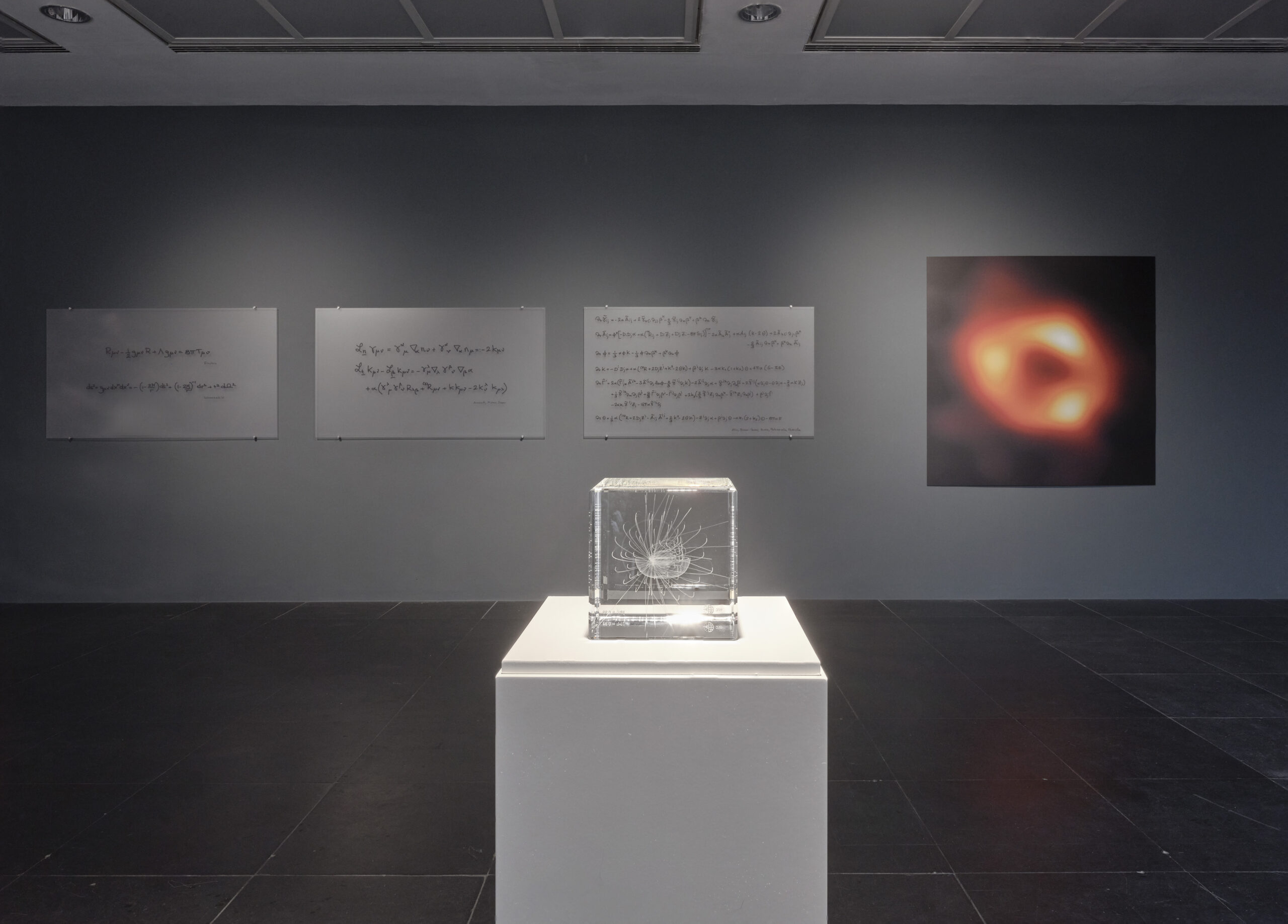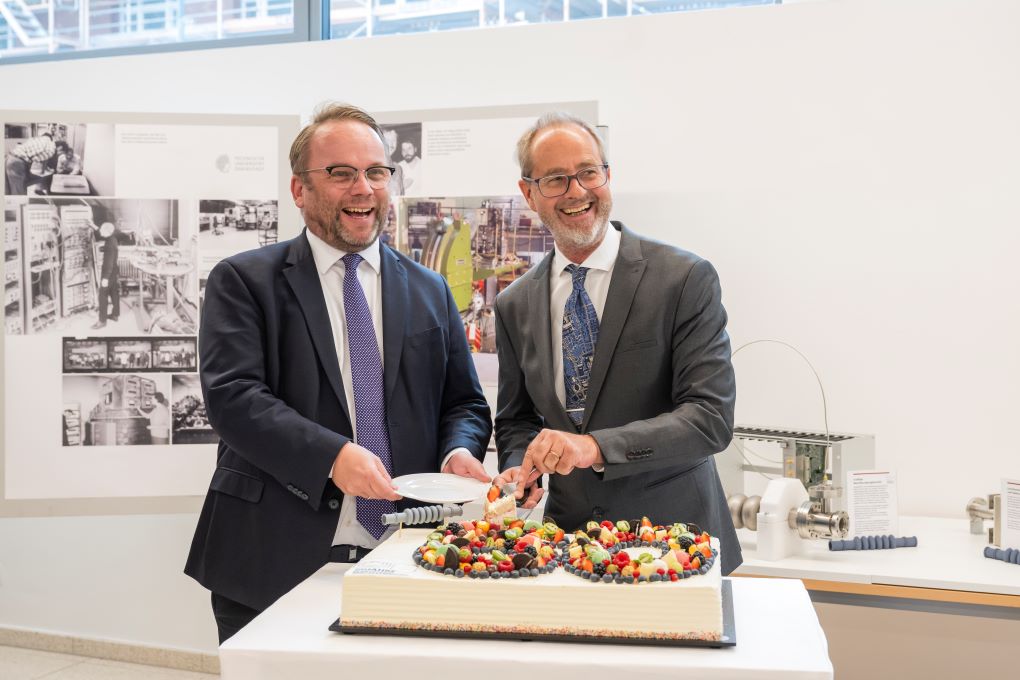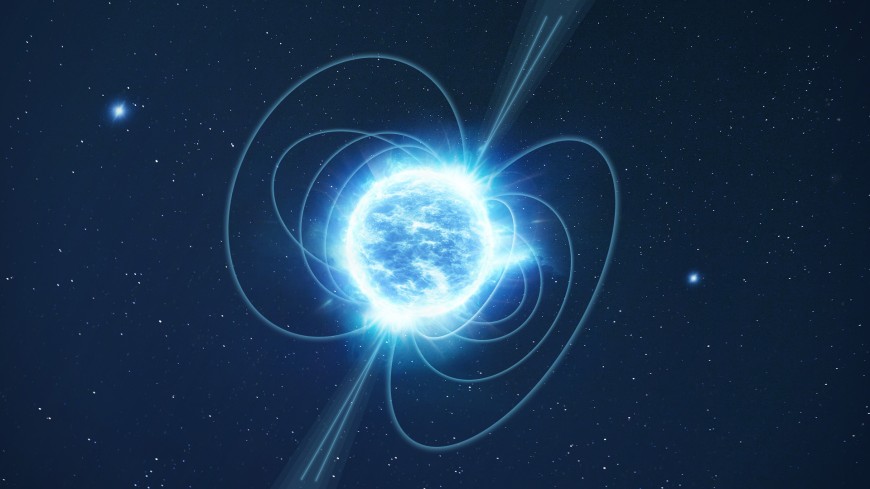What opportunities to create trust do social conflicts offer? What happens when neutron stars merge and produce gravitational waves and heavy chemical elements in the process? How can a better understanding of the internal balance of cells (homeostasis) help to develop novel drugs to treat inflammation and infection? Researchers from Goethe University will explore these questions over the coming years, together with partners from other universities and scientific institutions. The cluster projects ENABLE, ELEMENTS and ConTrust will receive €20.7 million in funding from the Federal State of Hessen and the same amount from Goethe University and the other partners involved, in preparation for the next round of the Excellence Strategy of the national and regional governments. Researchers from Goethe University are additionally involved in two further cluster projects (“3AI”, Technical University of Darmstadt, and “The Adaptive Mind”, Giessen University).
FRANKFURT. Professor Enrico Schleiff, the new president of Goethe University, sees today’s announcement of the funding for three cluster projects under its leadership as a significant milestone along the road to the next round of the Excellence Strategy: “That we were able to secure this important funding is proof of Goethe University’s research strength. It shows that we are developing creative ideas in our main research areas and putting them into practice. Together with our partners in the Rhine-Main Universities alliance, the three cluster projects in basic and translational biomedical research, astrophysics and particle physics, and the interdisciplinary study of the dynamics of political coexistence provide us with an excellent foundation for giving excellent research a further boost. This is the most important prerequisite for positioning ourselves as well as possible for the next round of the Excellence Strategy. I congratulate all the researchers involved on this tremendous success.”
Matter in neutron stars
Neutron stars are the focus of the cluster project ELEMENTS. Neutron stars are the relics of enormous stellar explosions (supernovae) and among the most extreme objects in the Universe: Matter in their core is so densely compressed that, according to calculations, it could even exist in the form of a quark-gluon plasma – a mixture in which matter is broken up into its most elementary particles, as it was in the Universe soon after the Big Bang. Neutron stars – like black holes – cause space-time distortions, and when two neutron stars merge, they produce heavy chemical elements and gravitational waves that can be measured on Earth. By observing such astrophysical phenomena, through theoretical calculations as well as through experiments conducted, for example, using the accelerators at the GSI Helmholtzzentrum für Schwerionenforschung GmbH and the new FAIR accelerator facility being developed there, the ELEMENTS researchers hope to gain new insights into the structure and composition of matter under extreme conditions and how heavy elements, such as gold or platinum, came to exist in the Universe. In terms of research strategy, ELEMENTS is a continuation of the close collaboration between Goethe University and the Technical University of Darmstadt in the framework of the Rhine-Main Universities alliance. ELEMENTS will receive €7.9 million from the Federal State of Hessen and €8 million as the own contribution of Goethe University and the co-applicants.
